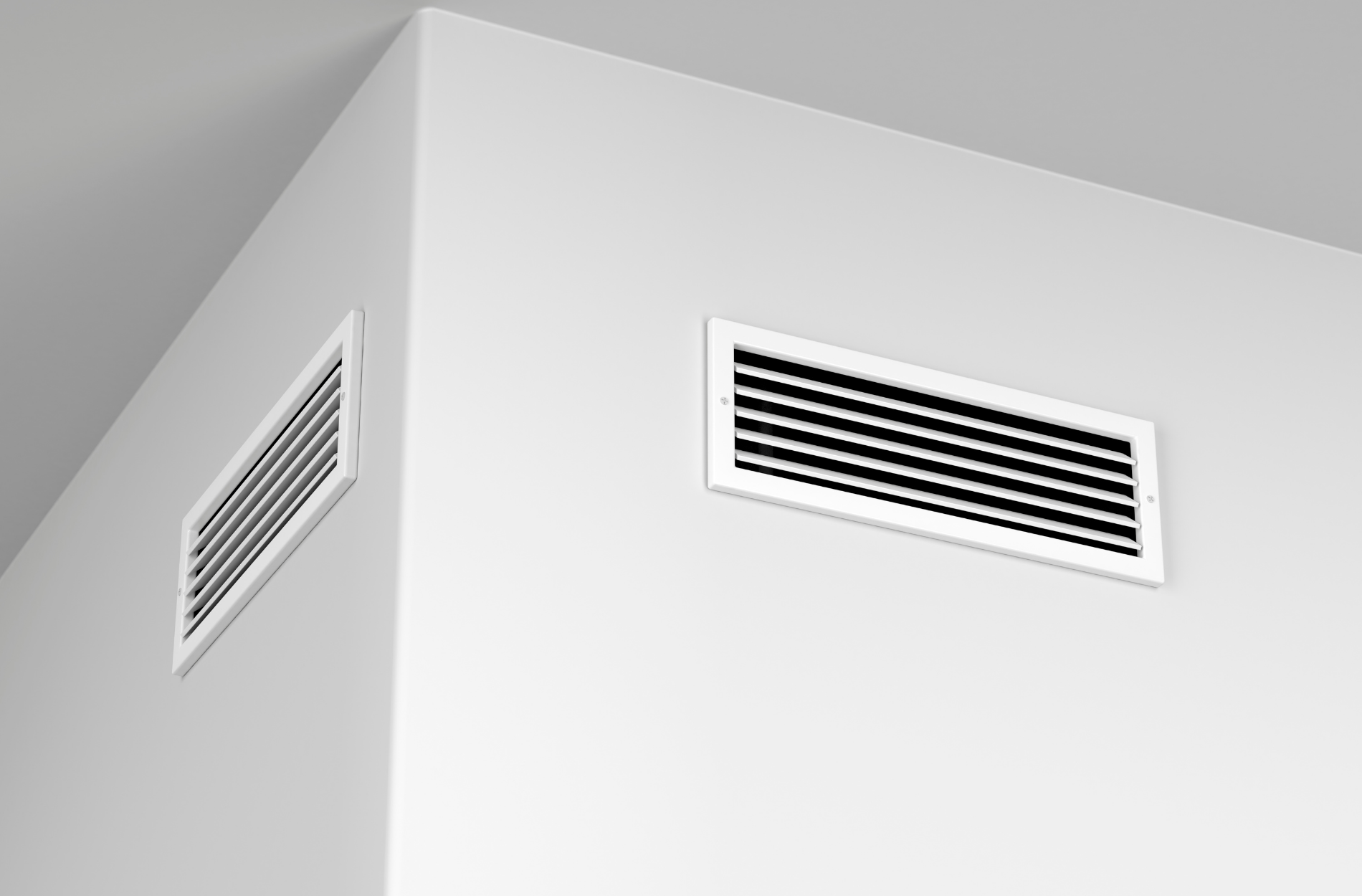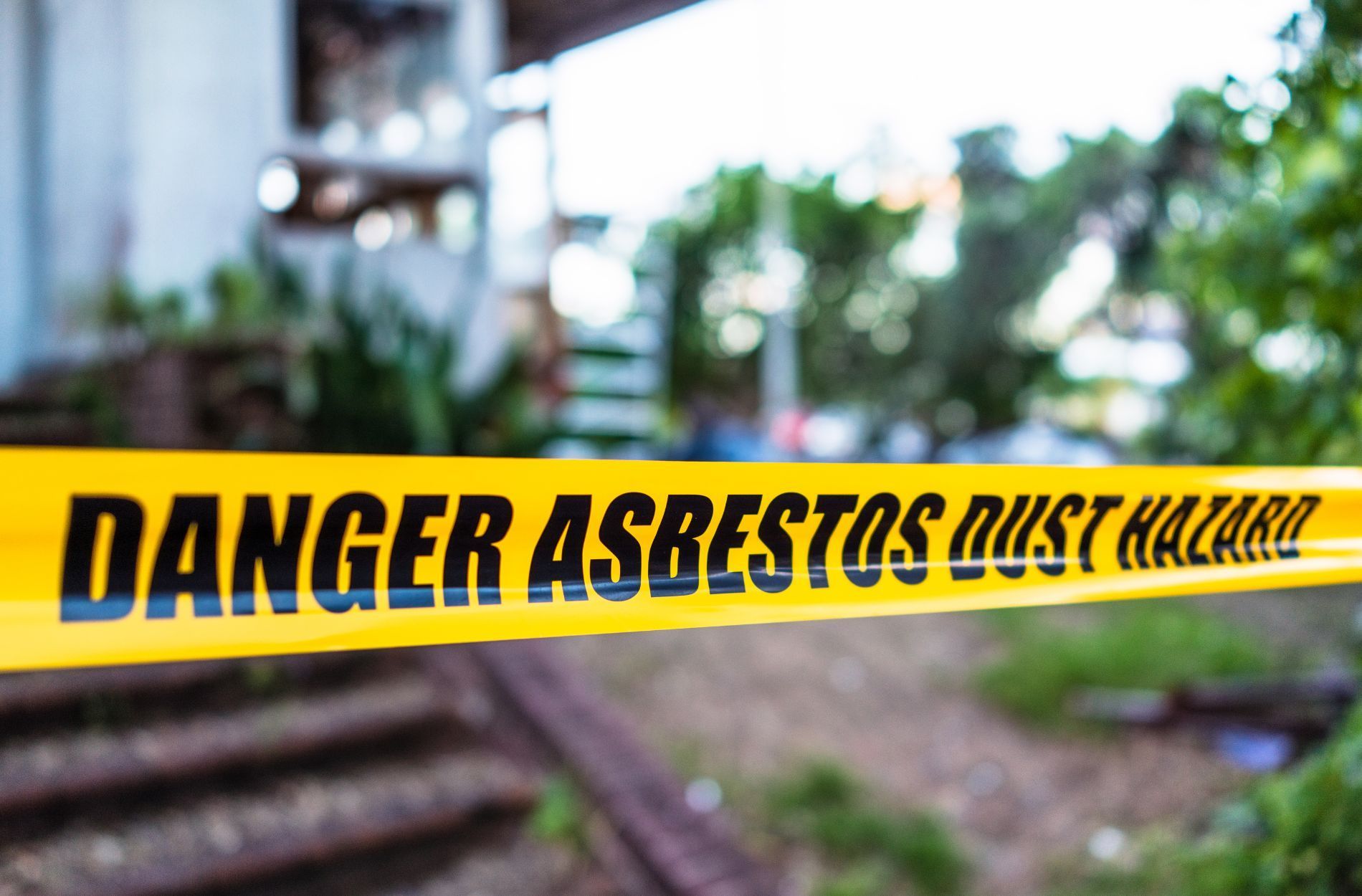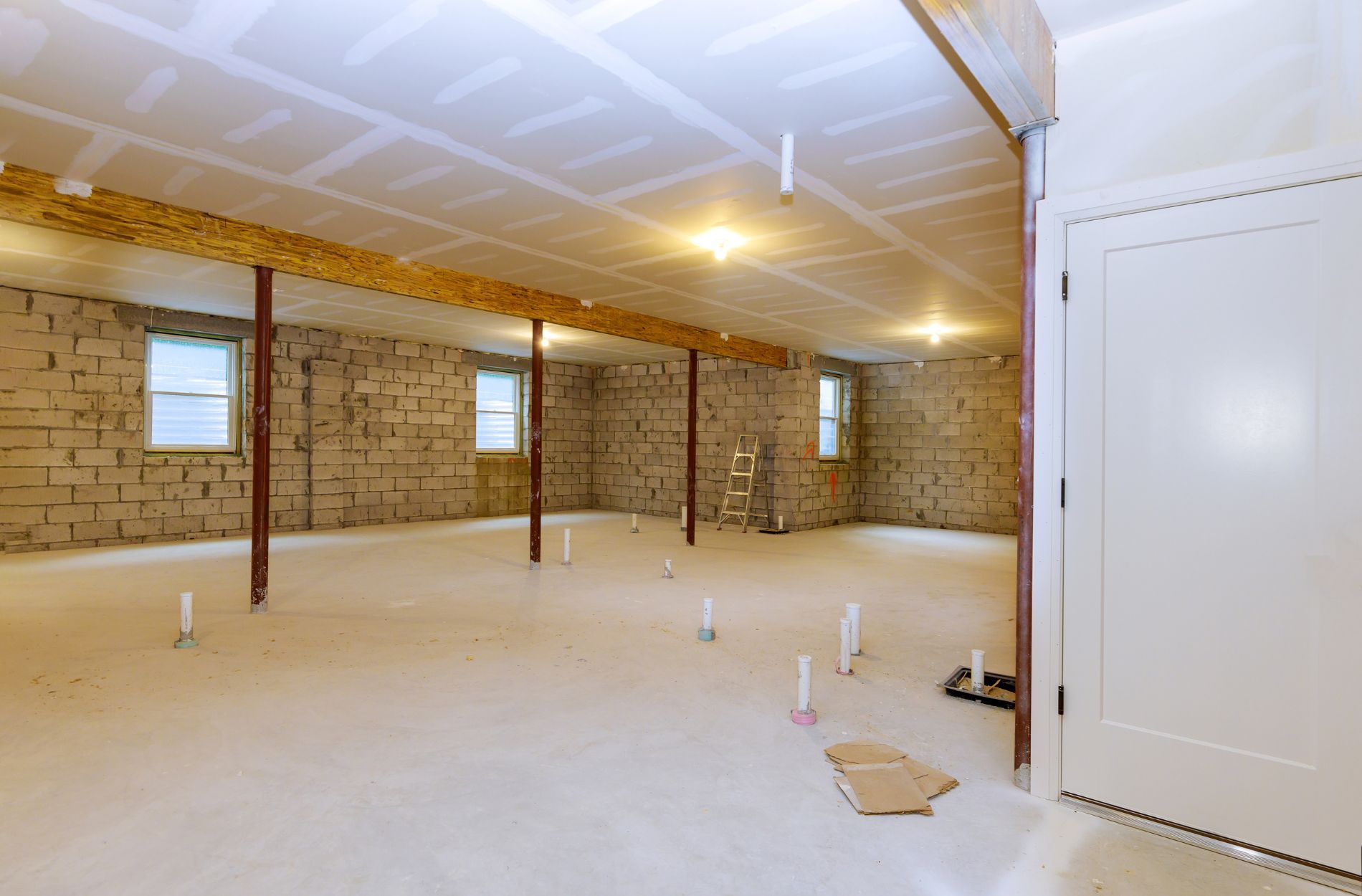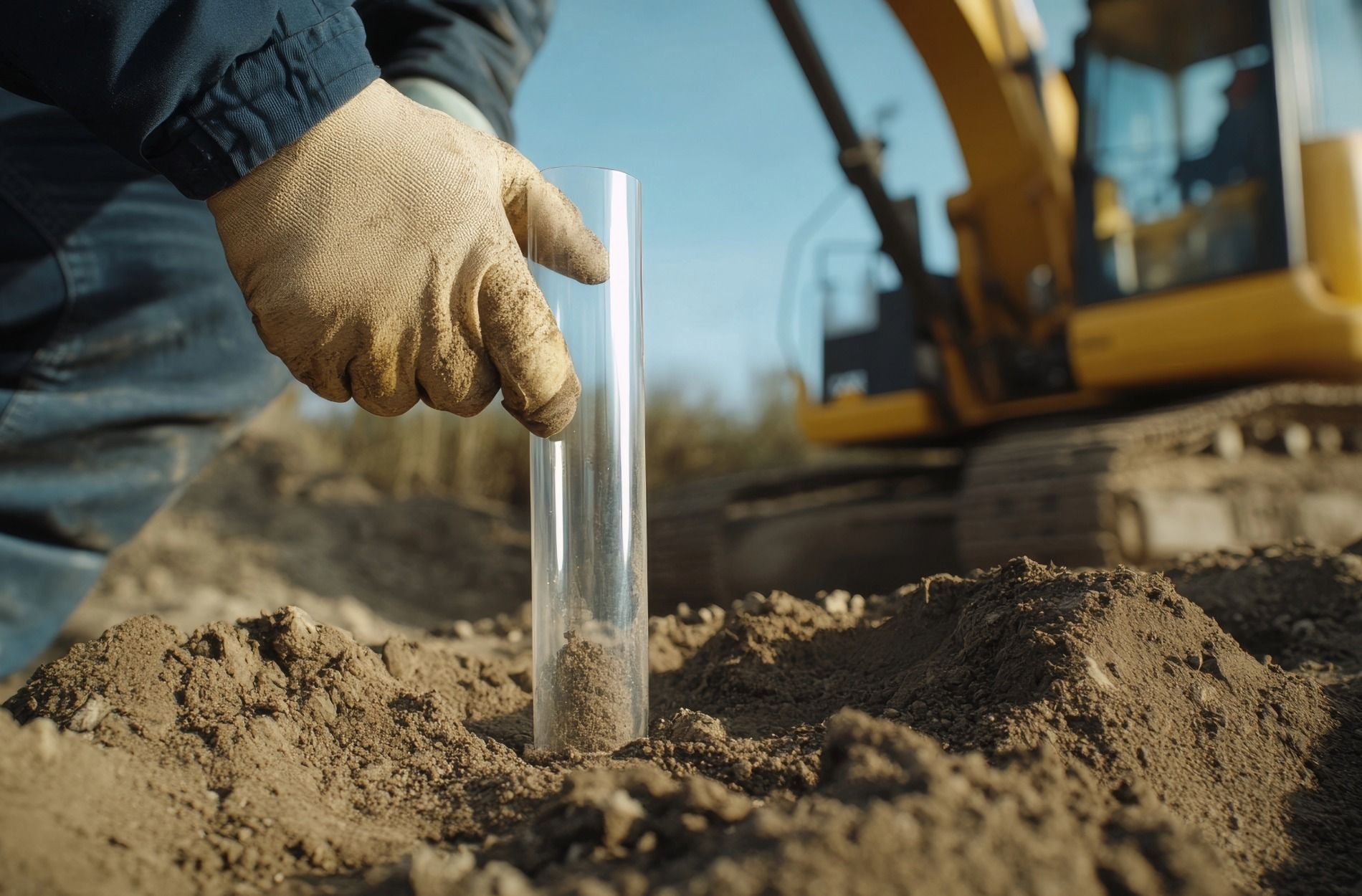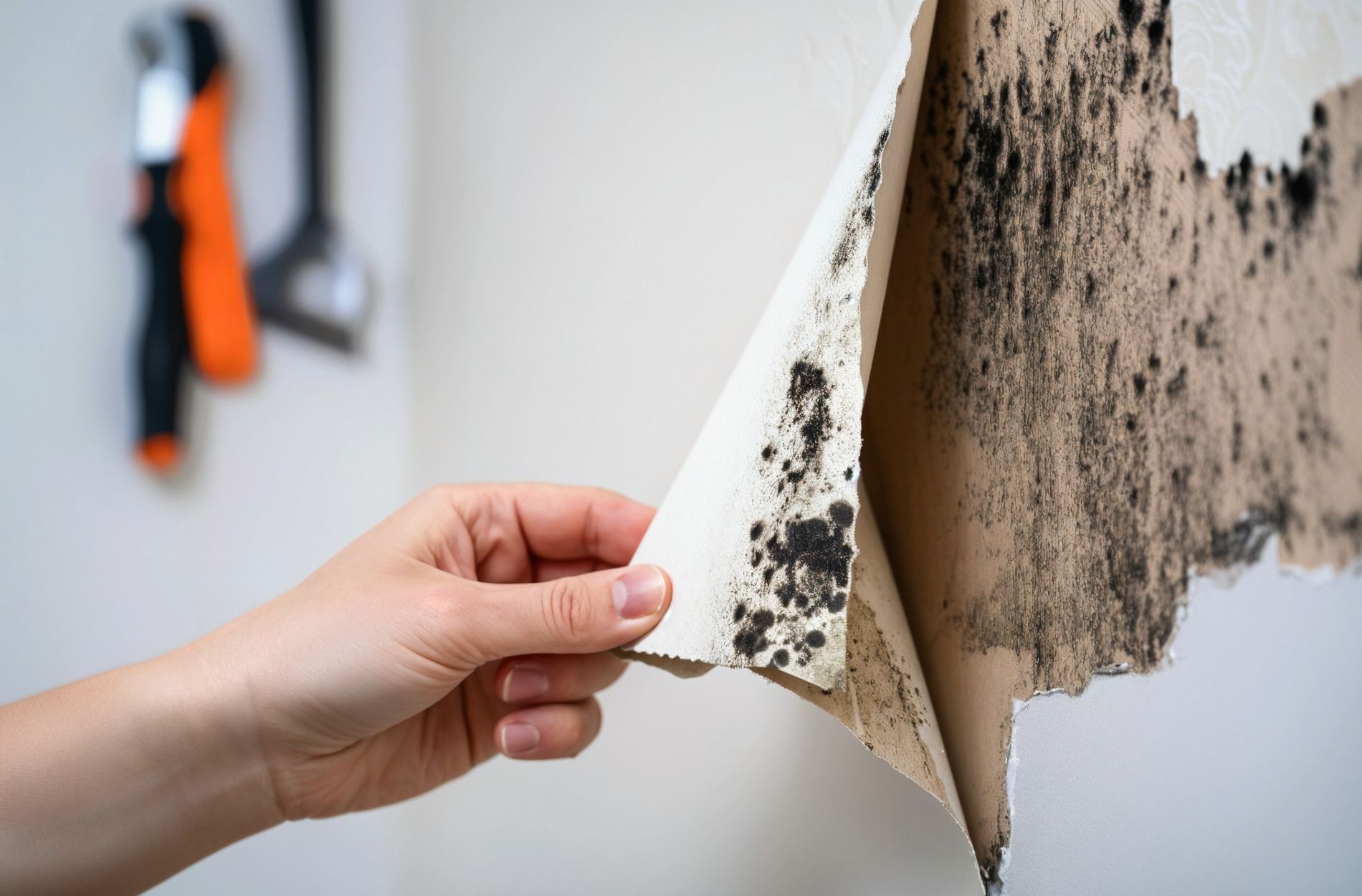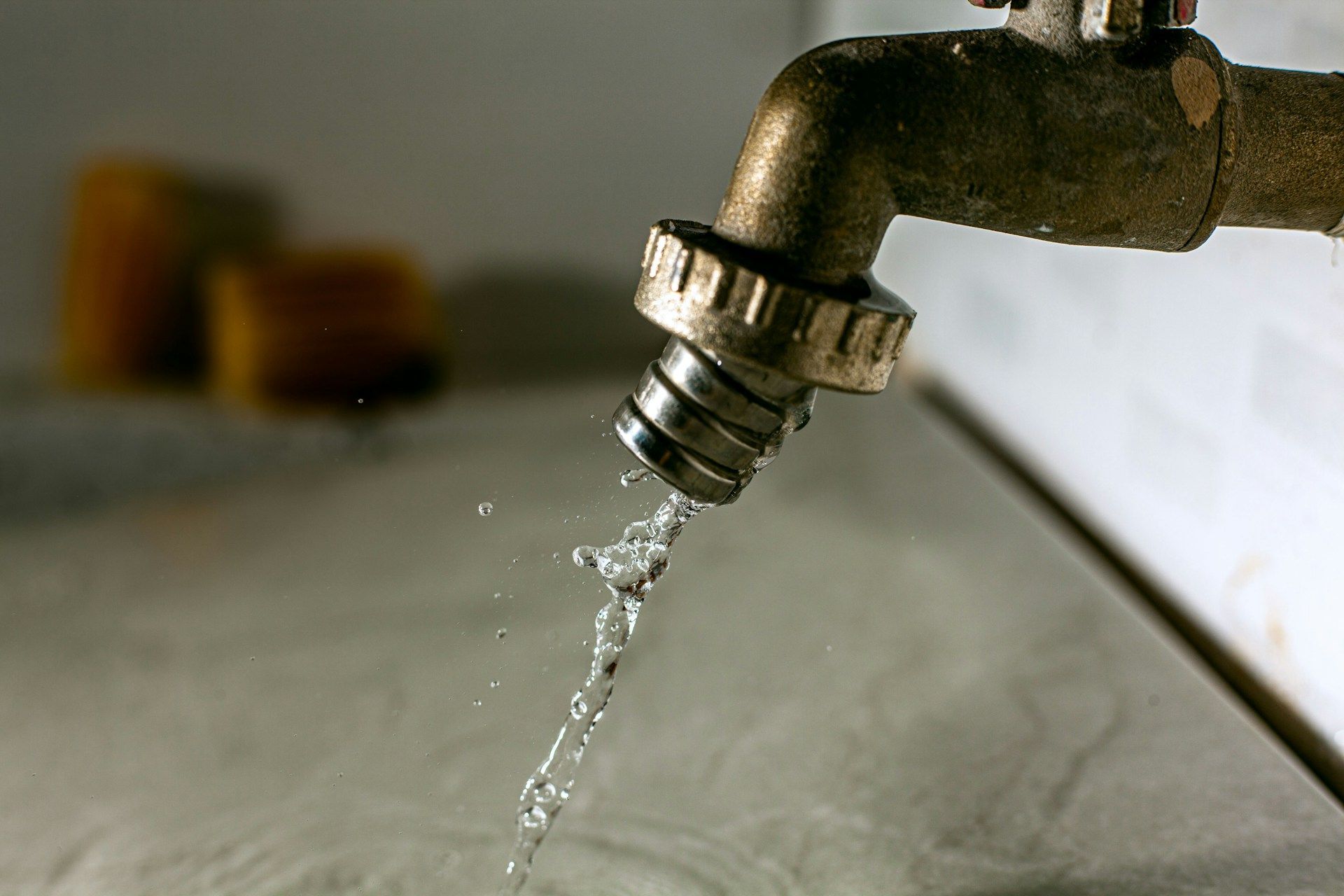Summer Indoor Air Problems In Pennsylvania Properties
When the heat of summer rolls in, most people turn their attention outdoors, but indoor air can quickly become a problem during this time of year too. Hot temperatures, higher humidity, and increased use of cooling systems all affect the quality of air inside homes and buildings. Pennsylvania properties, in particular, can trap air pollutants more easily during long stretches of muggy weather. Without proper prevention and maintenance, indoor spaces can become uncomfortable and even harmful to breathe in.
Summer is also a time when many homeowners rely heavily on air conditioning to stay comfortable. That extra use, combined with humidity and common allergens floating in from outside, can turn your indoor air into a mix of irritants and contaminants. Knowing what’s behind these summer air problems is the first step to creating a space that feels fresh and safe all season long.
Understanding Summer Indoor Air Quality Issues
Warm weather changes more than the temperature. It also changes how air moves through your home. In summer, windows stay closed more often to keep the AC working efficiently. This limits fresh airflow and causes indoor pollutants to build up faster than they can be cleared out. Combine this with the fact that moisture from high humidity loves to cling to every surface, and you've got a recipe for stuffy, stale, and potentially harmful indoor air.
Humidity plays a big part in how comfortable your indoor space feels. When it's too high, it makes the air feel heavy and can encourage mold to grow. Even without seeing it, that mold can end up in your HVAC system and ride through the vents, leaving spores behind on furniture, walls, and carpets. Dust mites also thrive in warm, damp air, and without even realizing it, you could be breathing them in every day.
Another issue is the increased use of sprays, fragrances, and cleaners during the warmer months. Whether it’s trying to combat pet odors, freshen up the place after a sweaty afternoon, or keep surfaces sanitized, these products often contain volatile organic compounds, or VOCs. These airborne chemicals may smell pleasant but can irritate your nose and lungs over time if there's no way for them to escape your home. When airflow is limited, VOCs tend to get trapped inside and cycle through the air again and again.
There’s also the breakdown of materials from items that get overheated indoors. Plastic furniture, particleboard cabinets, or treated wood flooring can release trace amounts of chemicals into the air as they warm up. These are easy to overlook since you don't see or smell anything obvious, but the effects build up—especially in homes that aren’t regularly circulating fresh air. Without a way to consistently clean and move the air through the building, summer can turn your space into a sealed-off bubble of dust, moisture, and fumes.
Common Summer Indoor Air Pollutants in Pennsylvania Properties
Once summer kicks off, a handful of specific pollutants become more active inside residential and commercial spaces. These pollutants often go unnoticed but can affect how you sleep, breathe, or focus throughout the day. Pennsylvania homes are especially prone to these common summer indoor irritants:
- Pollen: Even when doors and windows stay shut, pollen can find its way in through shoes, pets, or cracks. Once inside, it settles into fabric-heavy areas like carpets and curtains.
- Dust mites: These tiny pests thrive when the air is warm and moist. They commonly live in bedding, upholstery, and carpeted surfaces and can make allergy or asthma symptoms worse.
- Mold and mildew: High humidity encourages mold growth around windows, bathrooms, basements, and even inside AC units. Spores spread easily through the air if left untreated.
- VOCs: Found in paints, cleaning products, air fresheners, and other household goods, VOCs can cause headaches, dizziness, or dry throat after long exposure.
- Pet dander and shed particles: Increased indoor activity for pets during hot days can lead to a spike in drifting dander and fur, especially in homes with more than one animal.
Keeping track of these pollutants can be tough once they’re already in the air. Many are too small to see and don’t carry a noticeable odor. The longer they stay inside, the more they mix with each other and linger in corners or vents. That’s why airflow, moisture control, and occasional testing matter during the warmer seasons. Making smart adjustments during summer can go a long way in trimming down the amount of harmful stuff you might be breathing in every day.
Health Effects of Poor Indoor Air Quality
When indoor air is packed with moisture, allergens, and chemical fumes, people inside start to feel it. For some, the effects show up almost right away. Common issues include sore throats, coughing, dry skin, and sinus pressure. For others, it might feel like constant tiredness or trouble focusing. These symptoms can often get dismissed as allergies, dehydration, or just too much sun, but they could be signs that something’s going on with the air inside your home.
Humidity also plays a role in how your body responds. Air that’s too damp can make rooms feel warmer than they actually are, which affects how well you sleep and whether you wake up feeling rested. People with asthma, allergies, or other breathing conditions often notice that their symptoms flare up more in the summer, especially in homes with stale or musty air. Children and older adults tend to be more sensitive to poor air, making it even more important to stay on top of any signs of trouble.
Over time, being around polluted indoor air doesn’t just cause headaches or itchy eyes. If the air stays poor for weeks or months, it may increase the chances of longer-term breathing problems, especially if mold or mildew are present. Those effects often take a while to notice but can get worse the longer they continue. The body can try to adjust, but it’s like living next to a smoker. You might not see it, but the damage adds up.
If you’ve ever walked into a room after returning from vacation and noticed a stale or odd smell, that’s your body reacting to particles in the air. Even when you're used to them, those particles can still affect how you feel day after day. Staying aware of the signs and understanding that your home's air can change fast during summer makes it easier to take action before symptoms set in.
Simple Ways to Improve Indoor Air Quality in Summer
Making your indoor air feel fresher during summer doesn't require a complete overhaul. A few smart changes can make a noticeable impact and help cut down on the stuff that leads to stale or unhealthy air. Here are some practical ways to avoid trouble during hot, humid months:
- Use a dehumidifier in areas like basements or bathrooms that trap excess moisture. Keeping humidity levels in check helps slow down mold growth and keeps dust mites from thriving.
- Keep your AC system clean and change filters regularly. A clogged filter lets dust and dirt stay in the air.
- Open windows during cooler parts of the day when outside air feels dry and clean. Fresh air flushes out trapped chemicals, odors, and particles.
- Keep floors and furniture clear of extra dust by vacuuming with a HEPA filter and wiping down hard surfaces regularly.
- Choose low-odor products when cleaning, painting, or doing small home projects. Even natural-sounding sprays can leave strong fumes hanging around.
- Avoid hanging damp clothes indoors if your space doesn’t have good air movement. They add to your home's moisture load without you realizing it.
One routine many people overlook is checking areas behind furniture or under sinks. These tucked-away spots are where mold can start during warm months without ever being noticed. And it’s often out of sight until it spreads. If your space feels stuffy even with fans running, it may be time to dig deeper into what’s going on with the air.
A good rule is to trust your nose. If a room smells musty, sharp, or overly fragrant when no one’s used it for hours, your air probably needs more than just a scented candle. Summer isn’t just hard on power bills. It wears on your air too.
Why Professional Indoor Air Quality Testing Helps
Sometimes, indoor air issues aren't visible or obvious. You might not smell mold, and you might not see moisture, but your body could still be reacting to what's hidden in the air. That's when professional air testing really makes a difference, especially during long Pennsylvania summers when indoor air conditions shift around a lot.
Testing identifies exactly what’s in your air, where it may be coming from, and what areas are most affected. Without clear information, it’s easy to guess or treat the wrong thing. You could buy an air purifier for dust, when the real trigger is mold in your ductwork. Or you might be over-humidifying to feel more comfortable, not knowing your vents are already trapped with moisture. Testing cuts through the guesswork to show what needs attention.
It also helps uncover whether common pollutants, like VOCs or mold spores, have built up in ways you didn’t expect. Some of the worst problem spots in homes are behind drywall or inside closed-off crawlspaces that you never think to check.
By testing at the start or middle of summer, you get a better handle on how the season affects your air. This is especially true in Pennsylvania, where heavy heat and moisture settle in for weeks and often push HVAC systems harder than other times of year.
Keep Your Indoor Air a Safe Zone All Season
Summer brings good things like sunshine and cookouts, but it also invites unwanted stuff into your home’s air. Between the rising humidity, the tighter shut-in feeling from using AC, and increased allergens, it's easy for air quality to slip without warning. And once it does, it can start affecting how you eat, sleep, and feel throughout the day.
Treating your home like a sealed system during summer is smart, but only when you know what’s moving through it. From common pollutants like mold, dust mites, and VOCs to less visible issues like airflow and moisture buildup, there’s a lot to track. But you don’t need to do it alone. Understanding what causes indoor air quality to change is the first piece. From there, building healthier habits and using professionals who test and improve indoor conditions makes a big difference.
It feels better walking into a room that smells clean and light, where you can take a deep breath without thinking twice. That's the kind of space you want during the hottest months of the year, and it's completely doable with the right approach.
Breathe easier this summer with Oak Leaf Environmental on your side. With changing conditions affecting your home's comfort, staying proactive can make a big difference. For peace of mind, consider scheduling
indoor air quality testing in PA. Understanding exactly what's in your air helps you take the right steps to keep your living space fresh and healthy. Take action today and enjoy a healthier home environment.
